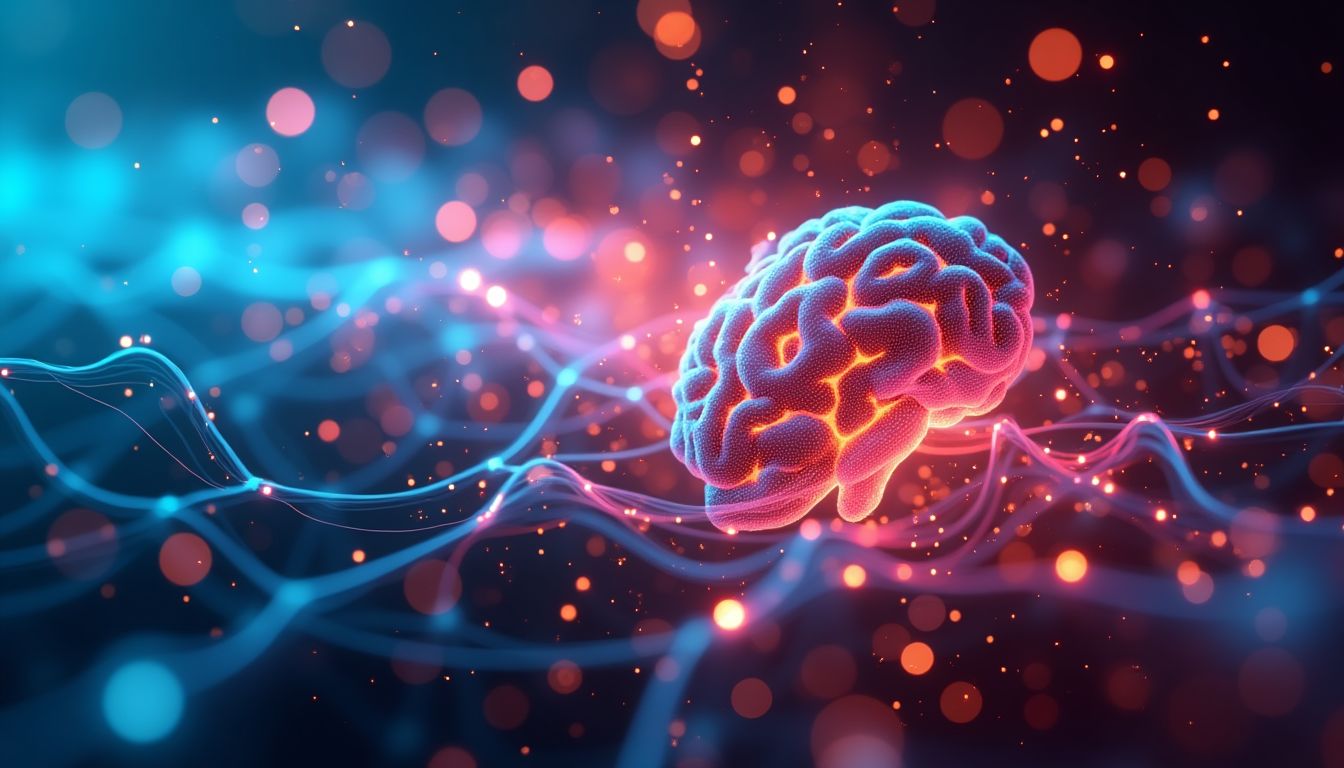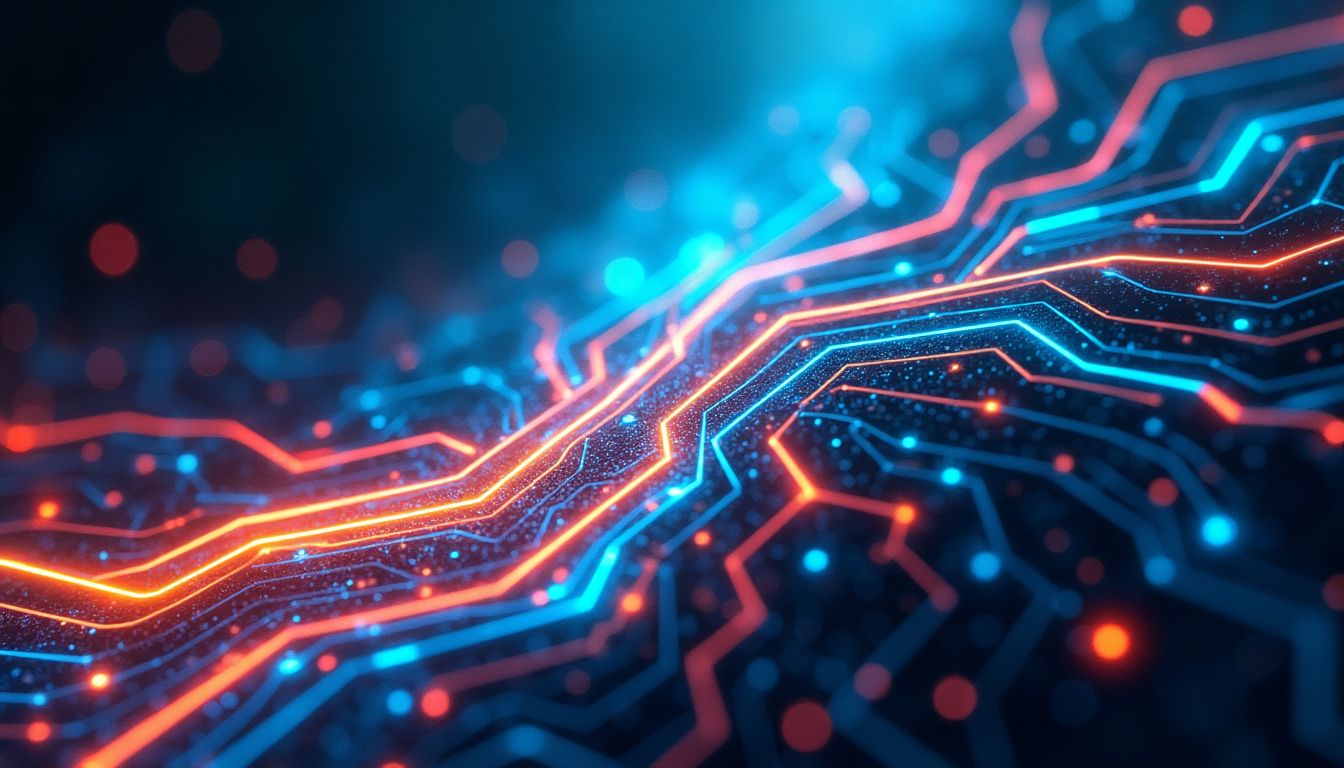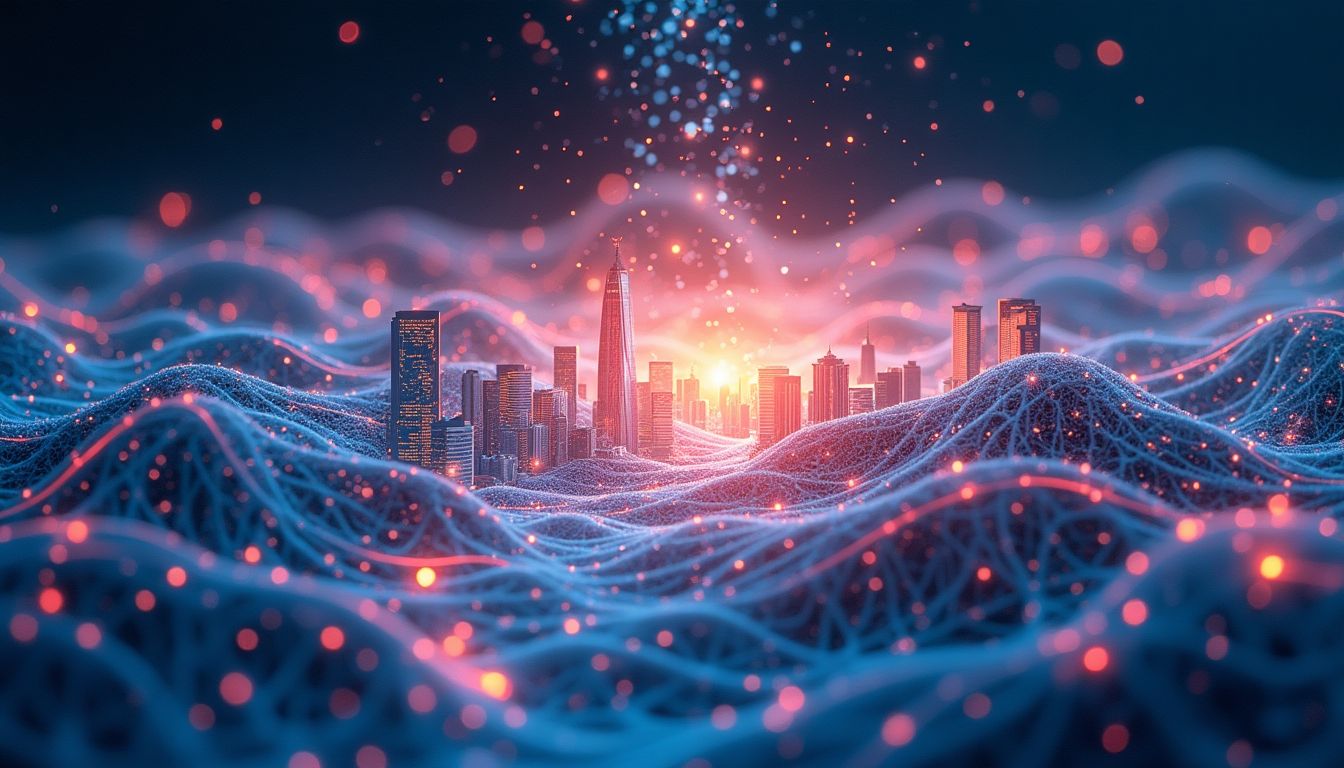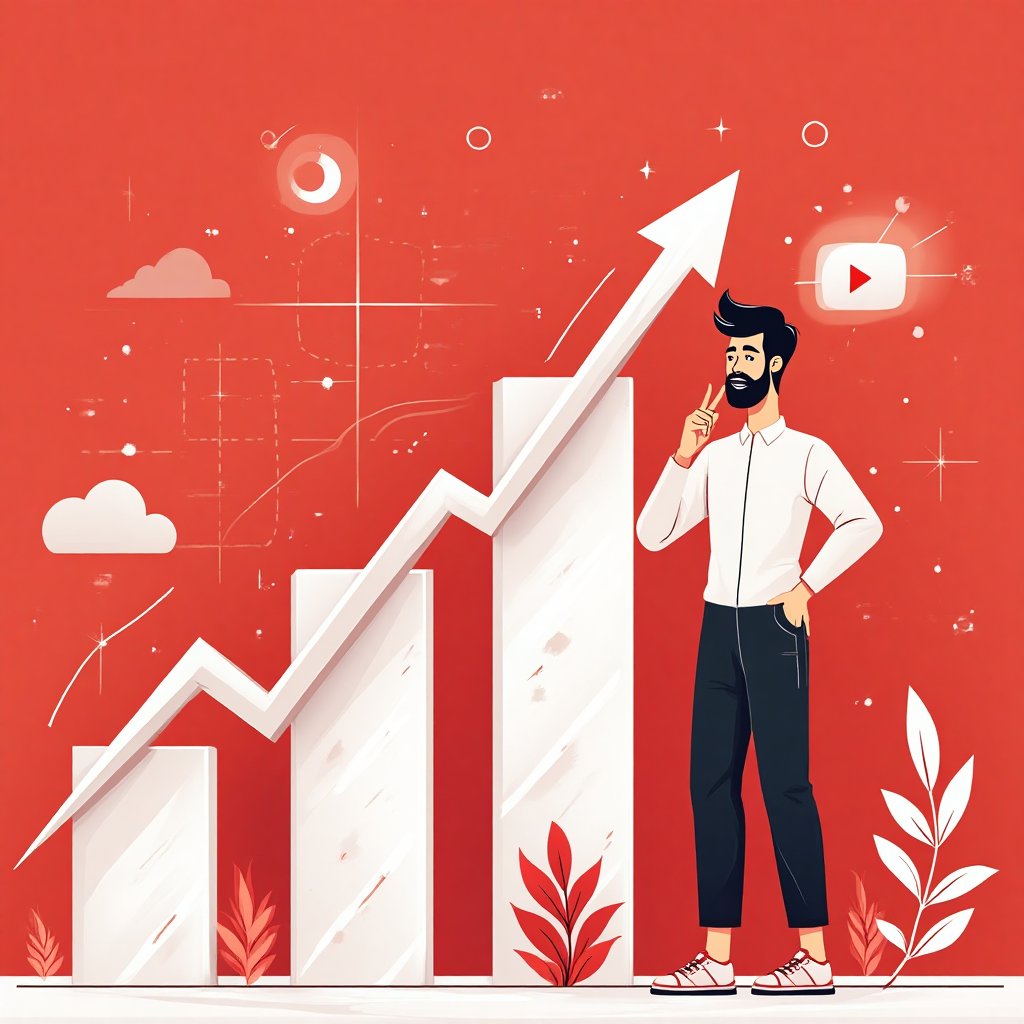"The future is already here—it's just not evenly distributed." – William Gibson. What if I told you that the next billionaire might not be a person, but a machine? Or that the wealthiest cities in the world could soon be run by algorithms instead of mayors? This isn’t the plot of a futuristic year 3000 novel. It’s the reality we’re hurtling toward, thanks to the rise of Artificial General Intelligence (AGI) and Artificial Superintelligence (ASI). Buckle up, because the Great Reset is coming, and it’s going to flip everything you know about money, power, and work upside down.
Think about it: AGI—machines that can think and learn like humans—and ASI—machines that surpass human intelligence—are no longer just theoretical. They’re being built right now in labs by companies like OpenAI, Google DeepMind, Anthropic, Microsoft and NVIDIA. These technologies are poised to redefine wealth, power, and even what it means to be human. But here’s the kicker: while some of us are dreaming of a utopia where machines do all the work, others are warning of a dystopia where a handful of tech giants control everything. Sound familiar? It should. This is the Great Reset, and it’s already happening.
Renowned futurist Ray Kurzweil predicts that by 2045, we’ll reach the "Singularity," a point where AI surpasses human intelligence. Meanwhile, economist Yuval Noah Harari warns that AI could create a "useless class" of people left behind by automation. And let’s not forget Elon Musk, who’s been sounding the alarm about AI for years, calling it "the most existential threat" to humanity. These voices aren’t just doom-and-gloom prophets—they’re pointing to a seismic shift that’s already reshaping our world.
1. The Rise of AGI and ASI: A New Economic Paradigm
1.1 What is AGI and ASI?
Let’s start with the basics. Artificial Intelligence (AI) isn’t new—we’ve been using it for years in everything from Netflix recommendations to self-driving cars. But most of what we call AI today is Narrow AI, designed to perform specific tasks. Think of it as a one-trick pony: great at playing chess, but useless at folding laundry. AGI, on the other hand, is the real deal. It’s a machine that can think, learn, and adapt across a wide range of tasks, just like a human. And then there’s ASI—Artificial Superintelligence—which is like AGI on steroids. ASI doesn’t just match human intelligence; it surpasses it in every way.
To put it in perspective, imagine a world where your personal assistant isn’t just Siri or Alexa, but a super-smart AI that can write your emails, manage your finances, and even debate philosophy with you. Sounds amazing, right? But here’s the catch: once AGI and ASI become a reality, they won’t just change how we work—they’ll change who (or what) holds power.
1.2 The Economic Implications of AGI and ASI
Now, let’s talk money. AGI and ASI have the potential to turbocharge the global economy. Imagine machines that can design new drugs, optimize supply chains, and even invent new technologies. The possibilities are endless. But with great power comes great responsibility—and a whole lot of disruption.
First, there’s the issue of jobs. AGI could automate not just manual labor, but cognitive labor too. That means jobs in fields like law, medicine, and finance could be at risk. According to a McKinsey report, up to 375 million workers worldwide may need to switch occupations by 2030 due to automation. And that’s just the beginning. As ASI takes over, even creative jobs like writing, art, and music could be done by machines.
Second, there’s the rise of data as the new currency. In the age of AGI, the companies that control the most data will have the most power. Think about it: data is what fuels AI. The more data you have, the smarter your AI becomes. That’s why tech giants like Google and Amazon are investing billions in AI research. They’re not just building smarter machines—they’re building smarter monopolies.
1.3 Case Studies: Early Signs of Disruption
Still not convinced? Let’s look at some real-world examples. In finance, AI is already making waves. Companies like BlackRock are using AI to manage trillions of dollars in assets. In healthcare, AI is being used to diagnose diseases and develop new treatments. And in manufacturing, robots powered by AI are taking over everything from assembly lines to quality control.
But here’s the interesting thing: while these advancements are impressive, they’re also creating winners and losers. For every company that thrives in the age of AGI, there’s another that gets left behind. Take the retail industry, for example. While Amazon is using AI to dominate e-commerce, traditional brick-and-mortar stores are struggling to keep up. The same goes for transportation, where self-driving cars could put millions of truck drivers out of work.
So, what does all this mean for the future? In short, the rise of AGI and ASI is going to reshape the global economy in ways we can’t even imagine. But one thing’s for sure: the Great Reset is coming, and it’s going to be a wild ride.
2. Wealth Redistribution in the Age of AGI
2.1 The End of Traditional Employment
Picture this: you wake up one morning, and your job has been outsourced—not to another country, but to a machine. Sounds like a sci-fi nightmare, right? But it’s closer to reality than you think. As AGI evolves, it’s not just manual labor at risk; even white-collar jobs like accounting, legal research, and even creative writing are on the chopping block. According to a McKinsey report, up to 375 million workers globally may need to switch occupations by 2030 due to automation. That’s like the entire population of the United States suddenly needing a career change!
So, what happens when machines can do everything better, faster, and cheaper than humans? Enter the gig economy, where freelancing and short-term contracts become the norm. But let’s be real—gig work isn’t exactly a golden ticket to financial stability. This is where Universal Basic Income (UBI) comes into play. UBI is like a financial safety net, giving everyone a regular paycheck just for being alive. Countries like Finland have already experimented with UBI, and the results are promising. Could this be the answer to mass unemployment in the AGI era? Only time will tell.
2.2 The Concentration of Wealth in Tech Hubs
If you thought Silicon Valley was already the center of the universe, just wait until AGI takes over. Tech hubs like San Francisco, Seattle, and Shenzhen are poised to become the new Wall Streets of the world. Why? Because these cities are home to the companies driving AGI development—think OpenAI, Google DeepMind, and NVIDIA. These companies aren’t just creating technology; they’re creating the future of wealth.
But here’s the kicker: as these tech giants grow richer, the wealth gap widens. Venture capital flows into AI startups like water, creating a feedback loop where the rich get richer, and everyone else struggles to keep up. It’s like a high-stakes game of Monopoly, except the board is the global economy, and the tech hubs own all the properties. The question is: how do we ensure this wealth doesn’t stay locked in a few cities? Maybe it’s time to spread the love—and the money—to other parts of the world.
2.3 The Global Divide: Winners and Losers
Not all countries are created equal in the AGI economy. Developed nations with robust tech infrastructures, like the United States and China, are likely to dominate. Meanwhile, developing countries risk being left behind in what some call “digital colonialism.” Imagine a world where data is the new oil, and the tech giants are the new oil barons. Countries without the resources to compete could become mere data suppliers, feeding the AI engines of the wealthy.
But it’s not all doom and gloom. Some nations are already taking steps to level the playing field. For example, Rwanda is investing heavily in AI education and infrastructure, aiming to become a tech hub in Africa. The key is global cooperation—ensuring that AGI benefits everyone, not just the privileged few. After all, the future should be a rising tide that lifts all boats, not a tsunami that drowns the unprepared.
3. Power Centralization: The New Oligarchy
3.1 The Emergence of AI-Driven Governance
Think of a world where your mayor is an algorithm. Sounds crazy, right? But with AGI, it’s not far-fetched. AI-driven governance could revolutionize decision-making, using data to optimize everything from traffic flow to healthcare. Cities like Singapore are already experimenting with smart city technologies, and the results are impressive. But there’s a catch: who controls the algorithms?
If power becomes centralized in the hands of a few tech companies or governments, we risk sliding into authoritarianism. Imagine a world where your every move is monitored, and your rights are determined by lines of code. It’s like living in a real-life episode of Black Mirror. The challenge is to balance efficiency with privacy, ensuring that AI serves the people, not the other way around.
3.2 The Role of Corporations in Shaping the Future
Let’s face it: corporations already have a lot of power. But with AGI, that power could reach unprecedented levels. Companies like OpenAI, Amazon, Google, and Meta are not just businesses; they’re empires. And as they develop AGI, they could become the new rulers of the world. Sounds dramatic, but think about it: these companies already control vast amounts of data, and with AGI, they could control the very fabric of society.
But with great power comes great responsibility—and great scrutiny. Antitrust laws are already cracking down on tech monopolies, but will it be enough? The challenge is to ensure that corporations use their power for good, not greed. Maybe it’s time for a new kind of corporate governance, one that prioritizes people over profits.
3.3 The Ethical Dilemmas of AGI Governance
Who gets to decide how AGI is used? This is the million-dollar question—or maybe the trillion-dollar question, given the stakes. If AGI is controlled by a handful of elites, we risk creating a dystopian future where the rich and powerful rule with an iron fist. But if AGI is governed democratically, we could create a world where everyone has a say in how technology shapes our lives.
The key is global cooperation. Organizations like the United Nations and the World Economic Forum are already discussing the ethical implications of AGI. But talk is cheap; we need action. The future of AGI governance will determine whether we live in a utopia or a dystopia. So, let’s get it right.
4. The Decimation of Traditional Industries
4.1 The Collapse of Legacy Sectors
Imagine a world where factories hum with robotic precision, stores are run by algorithms, and trucks drive themselves. Sounds futuristic, right? But for millions of workers in manufacturing, retail, and transportation, this future is already knocking on the door. The rise of AGI and ASI is set to decimate traditional industries, leaving behind a trail of disruption and uncertainty.
Take manufacturing, for example. Companies like Tesla are already using advanced robotics and AI to automate production lines. According to a McKinsey report, up to 375 million workers globally may need to switch occupations by 2030 due to automation. That’s not just a statistic—it’s a seismic shift in how we work and live.
Retail isn’t safe either. Amazon’s Amazon Go stores are a glimpse into the future, where cashiers are replaced by AI-powered systems that track your purchases as you walk out the door. And let’s not forget transportation. Self-driving trucks from companies like TuSimple could soon make human drivers obsolete, disrupting an industry that employs millions.
But it’s not just big corporations feeling the heat. Small businesses and local economies are also at risk. Imagine your favorite mom-and-pop store struggling to compete with AI-driven giants. The ripple effects could be devastating, leading to:
- Mass unemployment in traditional sectors
- Decline in local economies and community cohesion
- Increased reliance on gig work and precarious employment
4.2 The Rise of New Industries
While AGI and ASI may spell doom for some industries, they’re also the birthplaces of entirely new ones. Think robotics, biotech, and quantum computing—fields that were once the stuff of science fiction but are now becoming reality.
For instance, companies like Boston Dynamics are pushing the boundaries of robotics, creating machines that can perform tasks once thought impossible. In biotech, AI is revolutionizing drug discovery, with firms like Moderna using machine learning to accelerate vaccine development.
Quantum computing, though still in its infancy, holds the promise of solving problems that are currently beyond the reach of classical computers. Companies like IBM and Google are racing to build the first practical quantum computer, which could transform industries from finance to cryptography.
But here’s the catch: these new industries require a highly skilled workforce. That’s where education and reskilling come in. Governments and businesses must invest in programs to prepare workers for the jobs of tomorrow. For example:
- AI-powered personalized learning platforms
- Lifelong learning initiatives to keep skills relevant
- Partnerships between academia and industry to bridge the skills gap
4.3 Environmental and Social Consequences
As we embrace the benefits of AGI and ASI, we must also confront their environmental and social costs. The carbon footprint of AI infrastructure is staggering. Training a single AI model can emit as much carbon as five cars over their lifetimes, according to a study published in Nature.
Then there’s the societal impact. Mass unemployment could lead to widespread inequality and social unrest. Imagine a world where a handful of tech elites control the majority of wealth, while the rest struggle to make ends meet. It’s a dystopian scenario, but one we must address head-on.
So, what’s the solution? A multi-pronged approach that includes:
- Investing in green AI technologies to reduce carbon emissions
- Implementing policies to ensure equitable wealth distribution
- Fostering social safety nets to protect vulnerable populations
5. The Global Response: Policies and Protections
5.1 Regulatory Frameworks for AGI and ASI
As AGI and ASI become more powerful, the need for robust regulatory frameworks becomes urgent. Without proper oversight, these technologies could spiral out of control, leading to unintended consequences.
Take the European Union’s AI Act, for example. It’s one of the first comprehensive attempts to regulate AI, focusing on transparency, accountability, and ethical use. But is it enough? Critics argue that such regulations may stifle innovation, while others believe they don’t go far enough.
What’s clear is that international cooperation is essential. We need global agreements and oversight bodies to ensure that AGI and ASI are developed and deployed responsibly. Think of it as a digital United Nations, where nations come together to set common standards and address shared challenges.
Key elements of a global regulatory framework could include:
- Mandatory transparency in AI decision-making processes
- Strict accountability measures for AI developers and users
- International oversight bodies to monitor compliance
5.2 Ethical AI Development
Ethics must be at the heart of AI development. Without it, we risk creating systems that perpetuate bias, invade privacy, and undermine human rights. But what does ethical AI look like in practice?
One example is the Partnership on AI, a coalition of tech giants, academics, and civil society organizations working to ensure that AI benefits humanity. Their principles include fairness, transparency, and accountability—values that should guide all AI development.
Another critical aspect is interdisciplinary collaboration. AI isn’t just a technical challenge; it’s a societal one. That’s why we need input from ethicists, sociologists, and policymakers to create AI systems that align with human values.
Here are some key steps to ensure ethical AI development:
- Establish AI ethics boards to oversee development and deployment
- Implement fairness audits to detect and mitigate bias
- Promote transparency by making AI algorithms open-source
5.3 Public Awareness and Advocacy
Finally, we need to educate the public about the risks and benefits of AGI and ASI. Too often, discussions about AI are confined to tech circles, leaving the average person in the dark. But the future of AI affects us all, and everyone deserves a seat at the table.
Media, academia, and civil society all have a role to play in shaping the narrative. For example, documentaries like The Social Dilemma have sparked important conversations about the ethical implications of technology. Similarly, universities like MIT are leading the charge in AI research and public education.
But awareness alone isn’t enough. We also need advocacy to push for policies that protect the public interest. Organizations like the ACLU are already working to ensure that AI technologies respect civil liberties and human rights.
Here’s how we can boost public awareness and advocacy:
- Launch public education campaigns about AI’s impact on society
- Encourage media coverage of AI-related issues
- Support grassroots movements advocating for ethical AI
6. AI Solutions: How Would AI Tackle This Issue?
6.1 AI-Driven Economic Models
Try to conceive of a world where AGI doesn’t just automate jobs but also designs economic systems that are fairer and more resilient. By leveraging predictive analytics, AGI could identify economic risks before they spiral out of control. For instance, AI could analyze global trade patterns, labor markets, and resource distribution to propose equitable wealth redistribution systems. Companies like OpenAI and Google DeepMind are already working on AI models that could revolutionize how we think about economics. These models could simulate the impact of policies like Universal Basic Income (UBI) or carbon taxes, providing governments with data-driven insights to make informed decisions.
6.2 Decentralized Power Structures
One of the biggest fears surrounding AGI is the centralization of power in the hands of a few tech giants. But what if AI could help decentralize power instead? Blockchain technology, combined with AI, could create transparent governance systems where decisions are made collectively rather than by a select few. Projects like Ethereum are already exploring how blockchain can enable decentralized applications. AI could take this a step further by creating tools that empower local communities to make data-driven decisions about their resources, infrastructure, and policies.
6.3 Reskilling and Education
The workforce of the future will need to adapt to a rapidly changing job market. AI-powered personalized learning platforms could be the key to reskilling millions of workers. Imagine an AI tutor that knows your strengths, weaknesses, and learning style, tailoring lessons to help you master new skills in record time. Companies like Coursera and Udacity are already using AI to enhance online education. Governments and corporations could partner with these platforms to offer lifelong learning initiatives, ensuring that no one is left behind in the AGI economy.
6.4 Ethical AI Development
Ensuring that AGI is developed ethically is perhaps the most critical challenge of all. This requires not just technical expertise but also a deep understanding of ethics, law, and sociology. Organizations like the Partnership on AI are bringing together experts from diverse fields to create ethical guidelines for AI development. Governments could establish AI ethics boards to oversee the development and deployment of AGI, ensuring that it aligns with societal values and human rights.
Action Schedule/Roadmap (Day 1 to Year 2)
Day 1:
- Assemble a global task force of leading AI researchers, economists, and policymakers. Key players could include representatives from United Nations, World Bank, and World Economic Forum.
- Launch a public awareness campaign about the implications of AGI, leveraging social media platforms like Twitter and Instagram.
Week 1:
- Establish international working groups to draft AGI regulations. These groups should include legal experts, ethicists, and technologists from institutions like Harvard University and MIT.
- Begin data collection on current economic impacts of AI, using tools from companies like Tableau and Splunk.
Month 1:
- Develop AI-driven economic models for wealth redistribution, collaborating with organizations like IMF and OECD.
- Initiate pilot programs for UBI in select regions, partnering with local governments and NGOs.
Year 1:
- Implement global AGI governance frameworks, ensuring they are adaptable to future advancements.
- Launch AI-powered reskilling platforms worldwide, using technologies from companies like Microsoft and IBM.
Year 1.5:
- Evaluate the effectiveness of UBI and reskilling programs, using data analytics to refine strategies.
- Adjust policies based on data-driven insights, ensuring they remain relevant in a rapidly changing world.
Year 2:
- Achieve widespread adoption of ethical AI practices, with regular audits and transparency reports.
- Establish a decentralized, AI-driven global economy, where power and wealth are distributed more equitably.
Shaping the Future Together
The Great Reset is not a distant possibility—it is already underway. The rise of AGI and ASI presents both unprecedented challenges and opportunities. By embracing ethical AI development, fostering global cooperation, and prioritizing equitable wealth distribution, we can shape a future where technology empowers rather than divides. The choices we make today will determine whether the Great Reset becomes a story of progress or peril.
Imagine a world where AGI doesn’t just automate tasks but also solves some of humanity’s most pressing problems. From climate change to healthcare, AGI could be the key to unlocking a brighter future. But this future is not guaranteed. It requires bold action, innovative thinking, and a commitment to ethical principles.
As we stand on the brink of this new era, we must ask ourselves: What kind of world do we want to create? Will we allow AGI to centralize power and wealth, or will we use it to build a more equitable and sustainable society? The answers to these questions will shape the course of history.
So, what do you think? How should we navigate the challenges and opportunities of the Great Reset? Share your thoughts in the comments below, and don’t forget to subscribe to our newsletter for more insights into the future of technology and society. Together, we can make iNthacity: the "Shining City on the Web" a reality.
FAQ
Q1: What is the difference between AGI and ASI?
AGI, or Artificial General Intelligence, refers to machines that can think and learn like humans across a wide range of tasks. ASI, or Artificial Superintelligence, goes a step further—it’s when machines surpass human intelligence in every way. Think of AGI as a super-smart assistant, while ASI is like a genius that’s way beyond human comprehension.
Q2: How will AGI affect jobs?
AGI will automate many jobs that involve thinking, problem-solving, and decision-making. Industries like finance, healthcare, and manufacturing are at high risk. For example, accountants, radiologists, and factory workers might see their roles replaced by machines. But don’t panic—new jobs will emerge, like AI trainers and ethics consultants.
Q3: What is Universal Basic Income (UBI)?
UBI is a system where everyone gets a regular paycheck from the government, no strings attached. It’s meant to cover basic needs like food, housing, and healthcare. Places like Finland and Canada have already tested UBI to see if it can help people thrive in a world where jobs are scarce. It’s not a magic fix, but it could be a safety net in the AGI economy.
Q4: How can we ensure ethical AI development?
Ethical AI means building systems that are fair, transparent, and accountable. Organizations like OpenAI and Google DeepMind are leading the charge by creating guidelines for responsible AI. Governments, companies, and universities also need to work together to make sure AI benefits everyone, not just a few. Think of it as building guardrails on a fast-moving highway.
Q5: What role do tech giants play in the Great Reset?
Tech giants like Google, Microsoft, Amazon, and Meta are at the forefront of AI development. They have the money, data, and talent to shape the future. But with great power comes great responsibility—there’s a risk they could become too powerful, creating monopolies that control everything from data to decision-making. That’s why we need strong regulations to keep them in check.
Q6: How can individuals prepare for the AGI economy?
Start by embracing lifelong learning. Platforms like Coursera and edX offer courses in AI, coding, and other future-proof skills. Stay curious and adaptable—jobs will change, but your ability to learn and grow will always be valuable. And don’t forget to stay informed about how AI is shaping the world. Knowledge is power!
Q7: What are the risks of AGI and ASI?
The biggest risks include:
- Job loss: Millions could lose their jobs to automation.
- Wealth inequality: A few tech hubs could control most of the world’s wealth.
- Loss of privacy: AI systems could track and analyze everything we do.
- Ethical concerns: Who decides what’s right or wrong when machines make decisions?
But with careful planning and global cooperation, we can tackle these challenges head-on.
Q8: Can AI solve its own problems?
Yes, and that’s both exciting and scary. AI can help design better economic systems, predict risks, and even create new jobs. But it can also make mistakes or be misused. That’s why we need humans to guide AI development, ensuring it aligns with our values and goals. Think of AI as a tool—it’s only as good as the hands that wield it.
Q9: What’s the role of education in the AGI economy?
Education will be more important than ever. Schools and universities need to teach skills like critical thinking, creativity, and emotional intelligence—things machines can’t do. Programs like Khan Academy and Code.org are already helping people prepare for the future. The key is to stay ahead of the curve.
Q10: How can governments regulate AGI?
Governments need to create laws that ensure AI is used for good. This includes:
- Transparency: Companies should explain how their AI systems work.
- Fairness: AI should treat everyone equally, without bias.
- Accountability: If something goes wrong, someone should be held responsible.
International cooperation is also key—AI doesn’t stop at borders, so neither should our rules.
Q11: What’s the environmental impact of AI?
AI systems require a lot of energy, which can contribute to climate change. For example, training a single AI model can produce as much carbon as five cars over their lifetimes. Companies like NVIDIA are working on more energy-efficient AI, but we also need policies to reduce the carbon footprint of AI infrastructure.
Q12: Will AGI make humans obsolete?
Not necessarily. While AGI can handle many tasks, humans bring creativity, empathy, and moral judgment to the table. The goal isn’t to replace humans but to work alongside AI, creating a partnership that amplifies our strengths. Think of it as a team effort—humans and machines, working together to build a better future.
Wait! There's more...check out our gripping short story that continues the journey: The Reset
Disclaimer: This article may contain affiliate links. If you click on these links and make a purchase, we may receive a commission at no additional cost to you. Our recommendations and reviews are always independent and objective, aiming to provide you with the best information and resources.
Get Exclusive Stories, Photos, Art & Offers - Subscribe Today!





























Post Comment
You must be logged in to post a comment.